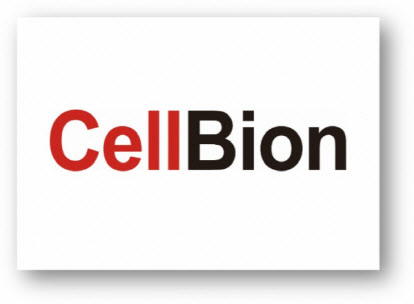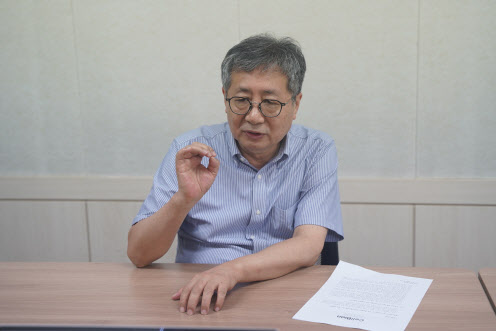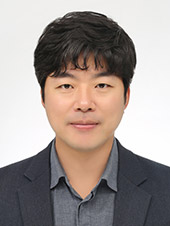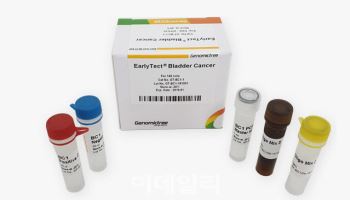Unauthorized reproduction or distribution is illegal and subject to criminal penalties.
Pharm Edaily enforces a zero-tolerance policy and will take strict action.
[Yu Jin-hee, Edaily Reporter] SEOUL, South Korea-South Korea may soon see the commercialization of its first radiopharmaceutical candidate as Cellbion prepares to release topline results for its prostate cancer therapy Lu-177-DGUL. If successful, the program could establish Korea as a rising force in the global radiopharmaceutical market.
 | | (Photo provided by Sellbion) |
|
Phase 2 Results Expected Within Two Weeks According to industry sources on August 26, Cellbion is expected to announce topline Phase 2 results for Lu-177-DGUL no later than mid-September. The company is reportedly working closely with its clinical research organization to complete the process.
The Phase 2 study, which began in February 2021, completed dosing of all enrolled patients in April. A total of 91 patients with late-stage, treatment-refractory prostate cancer participated, with 73 receiving actual treatment. Cellbion is now finalizing efficacy and safety analyses, with objective response rate (ORR) set as a primary endpoint. Following the topline announcement, the company plans to submit an application for conditional approval to the Ministry of Food and Drug Safety (MFDS).
Conditional approval in Korea requires three factors: a life-threatening or severe disease with no alternatives, urgent medical need, and sufficient evidence of safety and efficacy from mid-stage trials. Cellbion has already laid the groundwork, securing development-stage orphan drug designation in 2021 and Global Innovative Product Fast Track (GIFT) status in 2023.
Interim Phase 2 data offered encouraging signals. Among 61 evaluable patients, Lu-177-DGUL demonstrated an ORR of 47.5 percent-substantially higher than Novartis’s Pluvicto, which reported a 29.8 percent ORR in its Phase 3 trial with 319 patients. Still, analysts note that Korea has granted conditional approval after Phase 2 in only a handful of cases over the past two decades, reflecting the regulator’s stringent standards.
 | | Kwon Kim, CEO of Sellbion. (Photo provided by Sellbion) |
|
Following the Path of Corestemchemon and Yuhan Corporation To overcome regulatory hurdles, Cellbion is drawing lessons from Corestemchemon’s ALS therapy Neuronata-R and Yuhan Corporation’s lung cancer drug Leclaza-two rare cases of conditional approval post-Phase 2.
Neuronata-R received conditional approval in July 2014, entered the market in February 2015, and later accumulated post-marketing surveillance data. However, the drug failed to meet primary endpoints in a U.S. Phase 3 trial, stalling its full approval. By contrast, Leclaza, conditionally approved in January 2021, went on to deliver positive confirmatory results and gained full approval in December 2023. It is now positioned as Korea’s first potential blockbuster drug.
Cellbion appears intent on combining the speed of Neuronata-R’s pathway with the value-building strategy of Leclaza. The company aims to file for conditional approval within this year and launch Lu-177-DGUL in the first half of 2026.
In parallel, Cellbion is partnering with Merck (MSD) to test Lu-177-DGUL in combination with the immunotherapy Keytruda. The company submitted a Phase 1 clinical trial protocol to MFDS on August 4 and expects to begin dosing before year-end. The strategy aims to broaden Lu-177-DGUL’s indications beyond prostate cancer to solid tumors such as ovarian cancer-a model similar to Leclaza’s expansion strategy that significantly boosted its market value.
“Although the Phase 2 analysis was slightly delayed, we remain on track to report results this quarter,” a Cellbion spokesperson said. “We are committed to ensuring that Lu-177-DGUL emerges as a globally recognized therapy, much like Leclaza.”
If conditional approval is granted, Cellbion projects domestic sales of 37 billion won (approximately $27 million) by 2026, with an out-of-pocket cost of around 27 million won per treatment. For comparison, Novartis’s Pluvicto generated $980 million (about 1.4 trillion won) in global revenue in 2023.




![Xcell Therapeutics Hits Upper Limit...Celemics·QuadMedicine ↑[K-Bio Pulse]](https://image.edaily.co.kr/images/vision/files/NP/S/2026/02/PS26020600366b.jpg)






